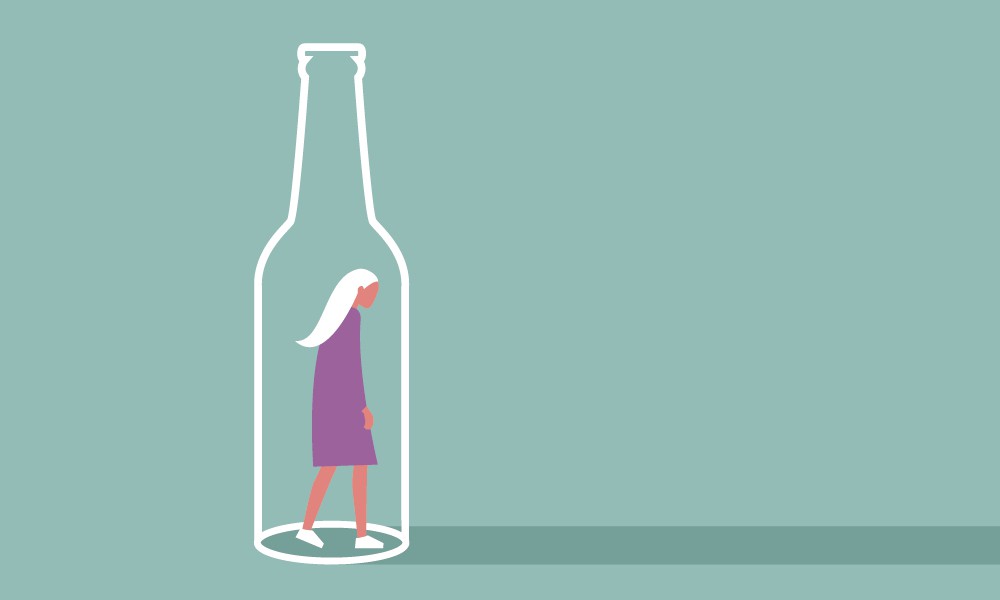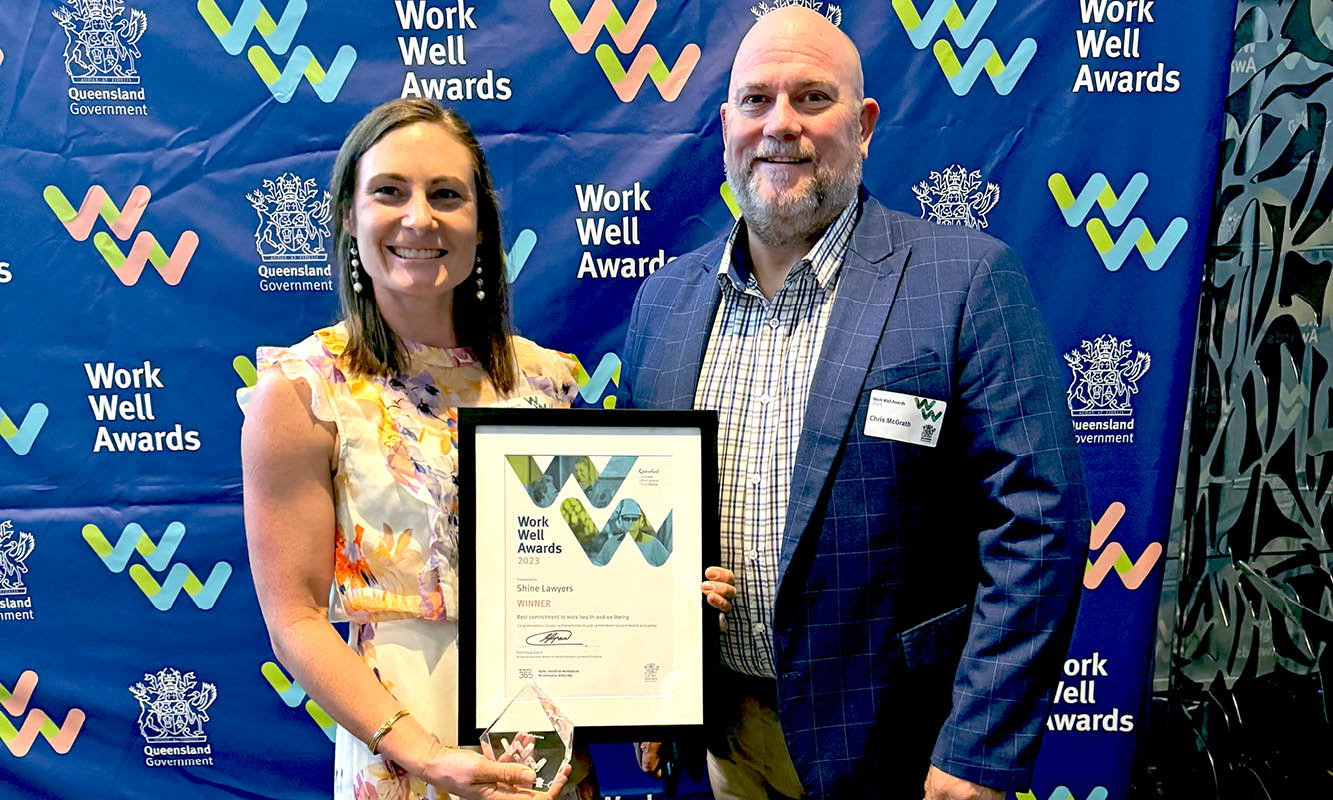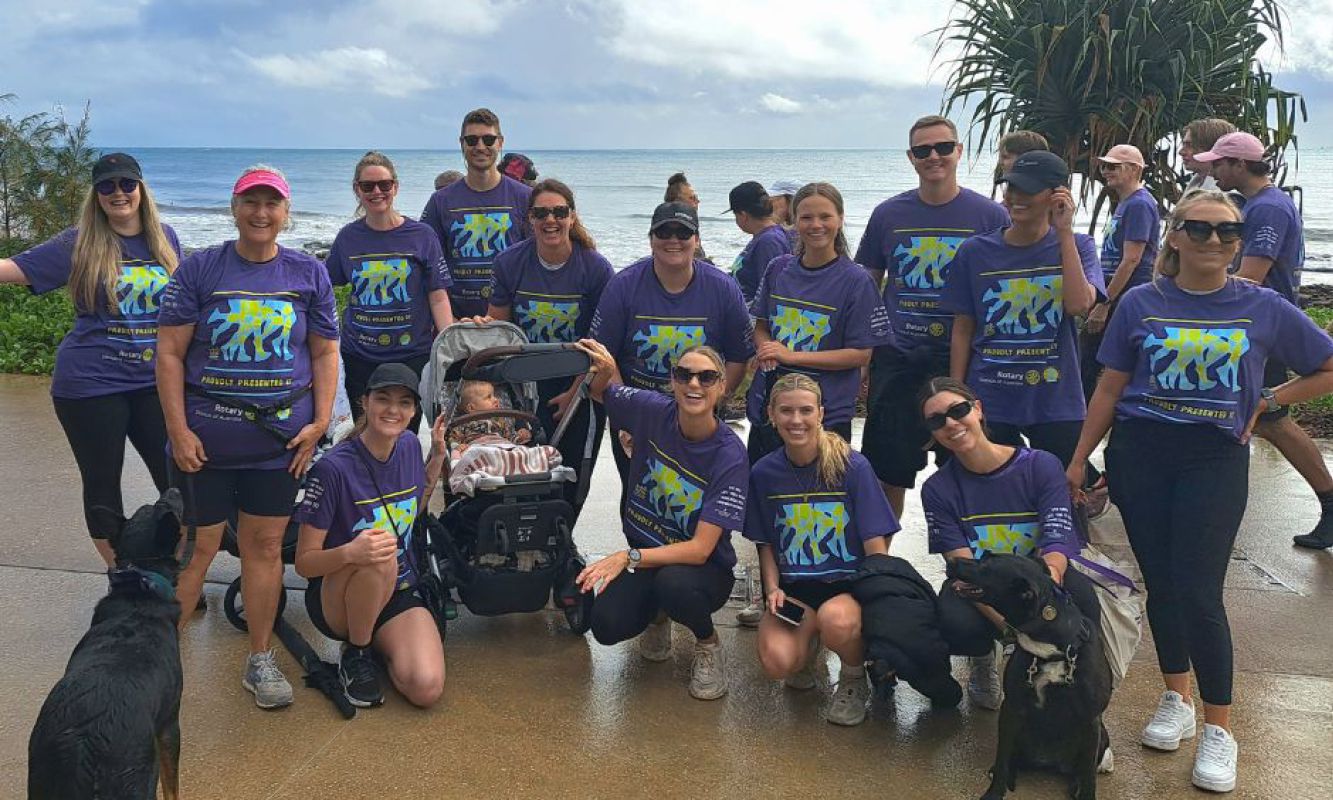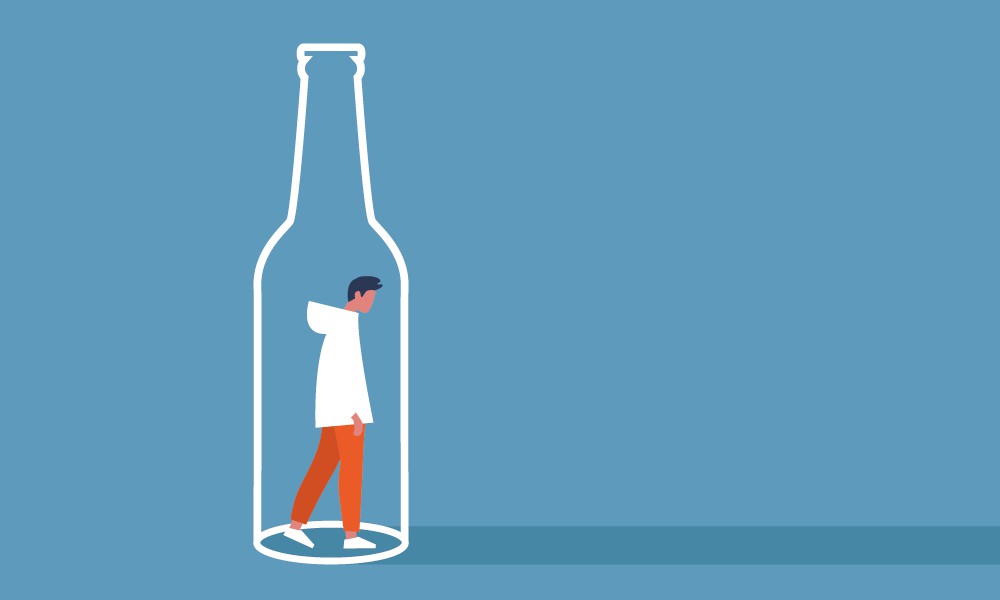Telling someone you are concerned about their level of drinking is not an easy conversation, but a critical one. Knowing the common pitfalls and how to avoid them, talking about low-risk alcohol consumption, and protecting your own boundaries and wellbeing, will empower you to have a constructive and supportive conversation that can make a positive difference in someone’s life.
Last week, we had a look at the warning signs that may indicate someone has a drinking problem, and how you can plan and facilitate a positive check-in conversation to offer your support to the person while using a non-judgmental and empathetic approach.
This article will provide tips and suggestions on what behaviour to avoid, guidelines for low-risk drinking, and how to ensure you are looking after yourself and your own wellbeing.
What are the common pitfalls, and how can you avoid them?
- Don’t cover up for them or make excuses for their behaviours
This is a common trap to fall into for people who naturally want to help someone, but who may keep enabling that person’s destructive behaviour by inadvertently enabling it. How can this happen? Enabling behaviours include covering up and making excuses for the person with an alcohol problem, doing their work or paying the bills they have missed because of their drinking, and other activities that shield them from facing the consequences of their alcohol misuse. However, these well-intended behaviours are likely to prevent the other person from realising their drinking’s negative ramifications and could delay their help-seeking. Compassionate help includes holding the person accountable for their actions, allowing them to maintain a sense of dignity. - Do not engage in emotional pressure tactics
Emotional appeals (e.g. crying, accusations or bribing) are likely to add to the person’s feelings of guilt and shame, cause resistance, anger, or other unhelpful reactions, increasing their compulsion to drink to alleviate the emotional burden. It’s also not helpful to push the issue or get into a verbal fight. A more effective and trust-building strategy is to offer advice and support while refraining from ultimatums in an attempt to control the other person. Having said that, protect your boundaries by clearly stating what you are willing to do and accept, and what will happen if they violate these limits (e.g. disciplinary action at work to ensure that clients are not exposed to any risk, refusal to socialise with them at a place that serves alcohol to protect yourself etc.) - Don’t give them mixed messages
To make an impact, it is important to remain consistent in your words and actions. Telling them that you’re worried about their levels of drinking while continuing to consume alcohol with them, sends a confusing message. Instead, focus on constructive actions such as suggesting social activities that do not involve alcohol, or helping them manage subtle or overt social pressure to drink, e.g. empowering the person to be more assertive when they are pressured to drink more than they want or intend to.
What are some tips to lower the risk with regard to drinking?
While drinking alcohol is never completely safe, it is possible to reduce risks by following the below suggestions1.
These suggestions may be useful to share with the person to enable them to make better informed decisions:
- know how much alcohol is in a standard drink,2
- keep count of standard drinks in each beverage you are consuming,3
- to avoid losing track of how much alcohol you have consumed, do not let people top up your glass before it is finished,
- only have one drink at a time,
- drink plenty of water between your alcoholic beverages to prevent dehydration,
- drink slowly, e.g. taking sips instead of gulps and putting the drink down between sips,
- have something to eat while drinking,
- choose beverages with lower alcohol content (e.g. low-alcohol beer instead of full-strength),
- once you start to feel the effects of alcohol, stop drinking or switch to non-alcoholic drinks,
- avoid drinking competitions, drinking games and keeping up with friends.
Looking after yourself
- Don’t try to “cure” the person
Alcoholism and alcohol dependence are complex, chronic and progressive diseases. You are neither a healthcare professional nor a counsellor (and even if you were, you should not carry the responsibility for treating a friend, family member or colleague because you are likely to be too emotionally involved or unable to maintain professional boundaries). Remember that the willingness to change has to come from the person themselves. If an alcoholic person is not already contemplating quitting, any attempts to help them are likely to be met with resistance. - Do not become co-dependent
In simple terms, co-dependency occurs when you become too “wrapped up” or involved in their wellbeing, or when you prioritise their needs over your own. This can lead to an unhealthy reliance on you, and increase your risk of stress, burn-out and other risks to your psychological wellbeing issues. Make sure you do not confuse offering support, and showing compassion, taking on the person’s responsibilities. Always respect and protect your own boundaries, communicate them clearly to the other person, and do not be afraid to say “no” when you are not comfortable with a request or behaviour. - Get help from others
Helping someone with a drinking problem is often challenging, exhausting and at times frustrating – even if the person is open to treatment and support, healing is usually not a linear process. Still, it moves in ups and downs (relapses and setbacks), and it is usually an ongoing, lengthy process. It can be difficult for anyone to stay patient, empathetic and positive. Make sure you have people who you can talk honestly and openly with about what you are experiencing, e.g. a close friend or trusted colleague or a support group. As a member of QLS, you also have access to LawCare where you can receive free, confidential and professional support and information. Don’t forget that you “cannot pour from an empty cup”: You must look after your own health and wellbeing first so you can provide meaningful and sustainable assistance to someone you care about.
Where to get further help
It is critical you keep encouraging a person whose level of drinking you are concerned about to seek help. This may include their GP, a psychologist, counsellor or support group, as well as reaching out to helplines4. They can also support you in your role to help the other person. Helpful contacts include:
- Alcoholics Anonymous (AA) Australia – 1300 222 222, https://aa.org.au/
- Alcohol and Drug Information Service QLD (24/7 Alcohol and Drug Support) – 1800 177 833, https://adis.health.qld.gov.au/
- National Alcohol and Other Drug Hotline (free and confidential advice about alcohol and other drugs) – 1800 250 015
- LifeLine – 131 114, https://www.lifeline.org.au/
If you would like to learn more, don’t hesitate to reach out to the QLS Solicitor Support service on ethics@qls.com.au or p. 3842 5843 to speak to someone in a judgement-free and supportive environment.
1For more suggestions, see the Mental Health First Aid Guideline on alcohol use
2 https://alcoholthinkagain.com.au/alcohol-your-health/what-is-a-standard-drink/
3 For a guide, see https://www.health.gov.au/health-topics/alcohol/about-alcohol/standard-drinks-guide. For an interactive calculator, see https://drinkwise.org.au/standard-drinks-calculator/#
4 For a list of Australian organisations, websites and services that offer alcohol support, counselling and information, visit https://www.health.gov.au/health-topics/alcohol/alcohol-contacts














Share this article